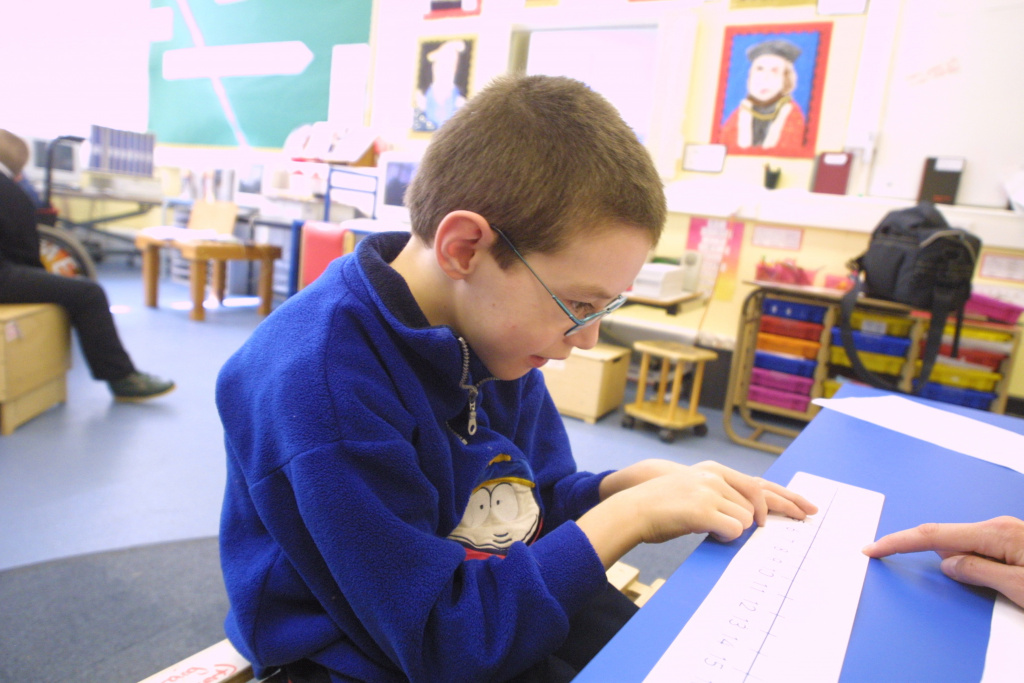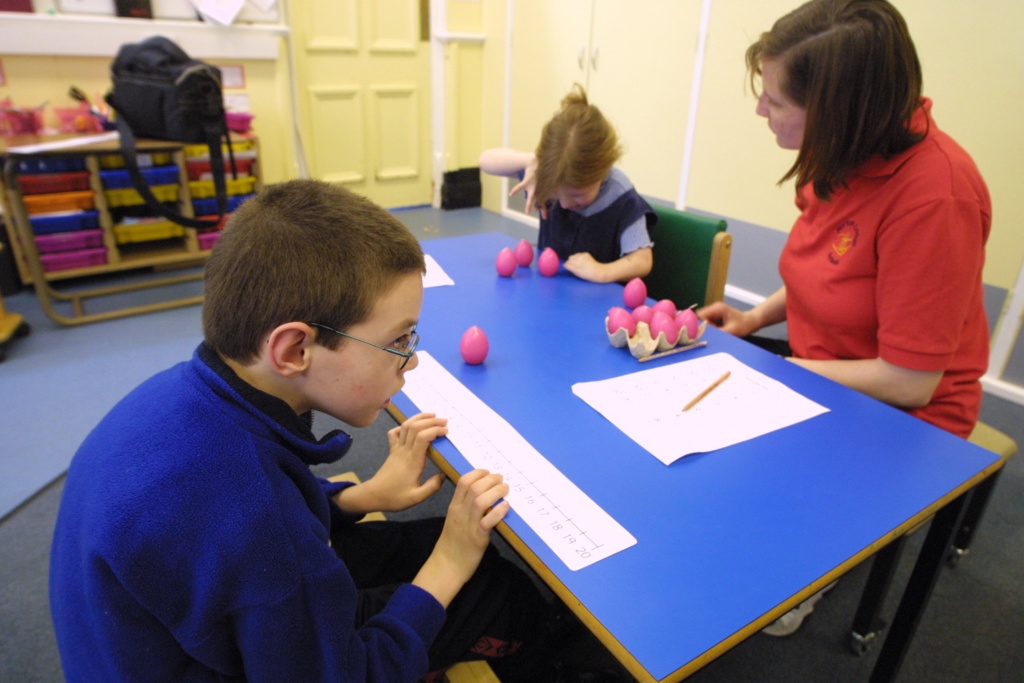
Competencies in numeracy skills correlate with success for students with special educational needs (SEN) in mathematics in later years; however, many students with SEN lack a sound foundation in numeracy skills. For this population, the gaps in skills may widen as students progress through their academic years, making it more difficult for them to access the general curriculum. Consequently, students may leave school without the skills needed for their daily lives in the new millennium. The students’ attainment in number sense impacts on their success in gaining deeper grade-aligned content knowledge of mathematics. In this article, we consider how these students acquire and generalise numeracy skills. One important factor in the failure to learn arithmetic in the normal way is a core deficit in the sense of number. This has been associated with low numeracy in general, and with dyscalculia more specifically. This article also provides a conceptual framework of policy from Turkish experience including teaching numeracy skills to students with SEN; those educated in both special and general education settings.
The Policy on Numeracy for Students with SEN
In recent years, there has been a growing awareness of the importance of mathematics for students with special educational needs (SEN) to graduate with the skills needed to function in the 21st century (Kilpatrick, Swafford, and Findell, 2001). The Ministry of National Education (2015) in Turkey, stresses the importance of all students having mathematical competencies and the ability to use mathematical skills in everyday life; these skills provide many opportunities and options for shaping their futures. In addition, changes in technology have increased the need for mathematical competencies for these individuals in jobs which previously relied primarily on their job related capabilities (Gürsel, 1993). For example, machinists who operate drills rely on the use of computerised numerical control (CNC) machines, which must be programmed by using knowledge of trigonometry.
Numeracy has its foundations in the discipline of mathematics. Definitions of numeracy emphasise the use of mathematics in everyday life and highlight the importance of its effects (Turkish Special Education Legislation, 2012). The Ministry of National Education in Turkey (2015) refers to the application of mathematics to everyday life and acknowledges effects in its use in terms of dispositions and confidenceAccording to the Legislation (2012), being numerate requires the knowledge and disposition to think and act mathematically and the confidence and intuition to apply particular mathematical principles to everyday problems. It also involves critical and life-related aspects of being able to interpret information thoughtfully and accurately when it is presented in numerical and graphic form.
Besides the overall increasing demands in some societies for mathematical competence, Baroody (1998) and Gürsel (2000) show that children whose development is delayed, can develop advanced mathematical concepts during their school years. An important issue is to rethink targets for mathematical learning; teachers then begin to recognise that possession of number sense which is indicative of mathematical success in later years (Gürsel, 1987; Denton and West, 2002). The Ministry of National Education in Turkey (2015) defines number sense as an individual’s ability to understand numbers and operations and use these concepts and strategies to make mathematical judgments and conduct complex problem solving. This term encompasses a variety of foundational numeracy skills and includes 1) number identification; 2) rote counting; 3) representation of numbers and counting with one-to-one correspondence; 4) number conservation; 5) composing and decomposing numbers; 6) magnitude of numbers; 7) measurement concepts, such as identifying things as bigger/smaller and quantities as more/less; 8) understanding the effects of types of operations, such as adding and subtracting; and 9) patterning.
In addition, with the capacity for children with SEN to learn mathematics and the importance of this opportunity for learning, teachers should rethink learning targets specifically for students with SEN; consideration should be given to the restricted opportunities students may have had. Although some students with SEN can acquire numeracy skills during formal schooling, others may not have these critical skills due to lack of experiences or exposure within their environment, culture and their education (high-quality instruction), or because of slow developmental progressions (Sarama and Clements, 2009; Butterworth and Laurillard, 2010). For students with mild developmental delays, teachers advocate more intensive interventions in mathematics by explicitly teaching numeracy skills beginning from the primary years (Gersten and Chard, 1999). Some researchers (Browder, Spooner, Ahlgrim-Delzell, Wakeman, and Harris, 2008; Arı, Deniz and Düzkantar, 2010) report that students with moderate and severe developmental disabilities can learn some basic mathematics.

Students with SEN need suitable opportunities to gain these skills with the help of explicit instruction in numeracy skills to succeed in mathematics (Gersten and Chard, 1999). However, for students with moderate and severe developmental disabilities, this instruction may need not only to be explicit, but also contextually meaningful. Although these students can learn to communicate “6” when shown “3 + 3 =”, the process may not have meaning until students gain competence with combining sets.